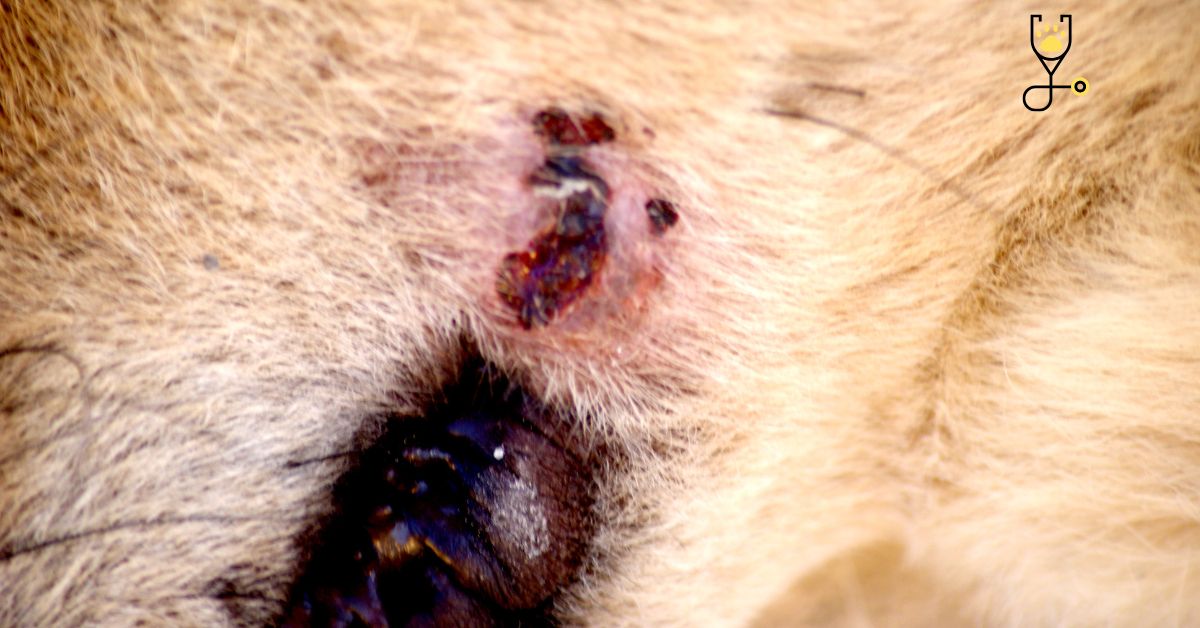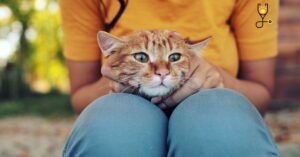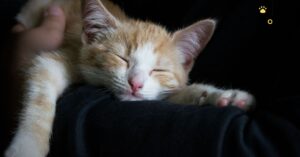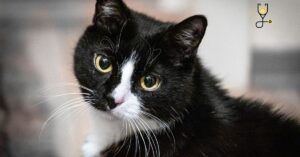Are you the proud parent of a new kitten? If so, congratulations! Kittens are adorable, playful creatures that provide hours of entertainment. However, as with any other pet, it’s important to be aware of potential health issues and know how to treat them. In this blog post, we’ll take a look at rodent ulcers in kittens-what they are, what causes them, and how to treat them. We’ll also discuss some prevention tips for keeping your kitty healthy and happy. So without further ado, let’s get started!
What are rodent ulcers in kittens?
Rodent ulcers, also known as eosinophilic granulomas, are a type of skin lesion that can occur in cats and kittens. They are characterized by raised, red lesions that may bleed or crust over. Rodent ulcers typically occur on the lips, gums, or tongue, but can also develop on the inside of the cheeks or on the soft palate. In some cases, they may also affect the whiskers or hair around the face. Lesions may be single or multiple and can vary in size from a few millimeters to several centimeters. While they are not painful, they can cause discomfort and may make it difficult for your kitten to eat or drink.
What causes rodent ulcers in kittens?
The exact cause of rodent ulcers in kittens is unknown, but they are thought to be the result of an allergic reaction to a foreign substance, such as:
1. Bacteria: Staphylococcus aureus is the most common type of bacteria associated with rodent ulcers.
2. Fungi: Malassezia pachydermatis is a type of fungus that can cause skin irritation and lead to the development of rodent ulcers.
3. Viruses: Herpesvirus, calicivirus, and feline leukemia virus have all been linked to the development of rodent ulcers.
4. Allergens: Dust, pollen, and other airborne allergens can trigger an allergic reaction that leads to the development of rodent ulcers.
5. Food: Some cats may be allergic to certain ingredients in their food, which can lead to the development of rodent ulcers.
6. Stress: Stress can weaken the immune system and make cats more susceptible to developing rodent ulcers.
Major symptoms of rodent ulcer in kittens
The major symptom of rodent ulcers is the presence of one or more raised, red lesions on the skin. These lesions may bleed or crust over and can vary in size from a few millimeters to several centimeters. Lesions typically occur on the lips, gums, tongue, inside of the cheeks, or on the soft palate. In some cases, they may also affect the whiskers or hair around the face.
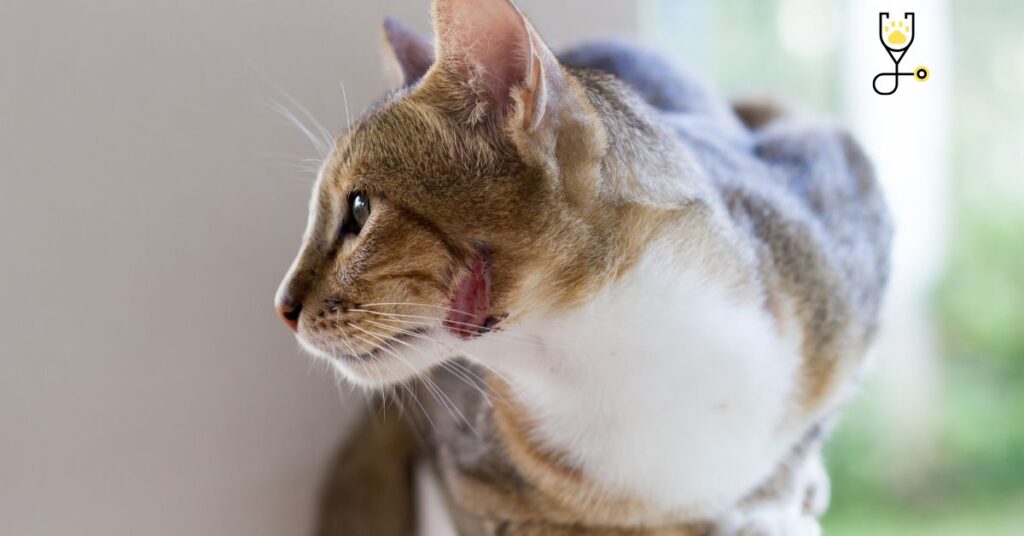
While rodent ulcers are not painful, they can cause discomfort and may make it difficult for your kitten to eat or drink. If your kitten has rodent ulcers, you may also notice them licking their lips excessively or drooling more than usual.
Most prone cat breeds to developing rodent ulcers
While any cat can develop rodent ulcers, certain breeds are more susceptible than others. Siamese cats, for example, have a higher incidence of developing the condition. Other breeds that are at increased risk include:
1. Abyssinian
2. Birman
3. Devon Rex
4. Sphynx
5. Siamese
6. Tonkinese
How are rodent ulcers diagnosed?
If you notice any of the above symptoms in your kitten, it’s important to take them to the vet for an evaluation. Your veterinarian will perform a physical examination and ask about your kitten’s medical history. They may also recommend one or more of the following diagnostic tests:
1. Skin biopsy: A skin biopsy involves taking a small sample of tissue from the affected area and examining it under a microscope. This can help to confirm the diagnosis and rule out other conditions.
2. Blood tests: Blood tests can be used to check for infections or allergies that may be causing ulcers.
3. Food trial: If food allergies are suspected, your vet may recommend putting your kitten on a special diet for a period of time to see if the ulcers resolve.
4. Imaging: In some cases, your vet may recommend X-rays or other imaging tests to rule out other conditions.
Treatment of rodent ulcers in kittens
The treatment of rodent ulcers will vary depending on the underlying cause. If an infection is present, your kitten will likely be placed on antibiotics. If allergies are suspected, your vet may recommend a hypoallergenic diet or allergy shots. In some cases, steroids may also be used to reduce inflammation and help to heal.
Preventions of rodent ulcers in kittens
There is no sure way to prevent rodent ulcers from developing, but there are some things you can do to reduce your kitten’s risk:
1. Keep them up to date on vaccinations: This can help to reduce the risk of viral infections, which have been linked to the development of rodent ulcers.
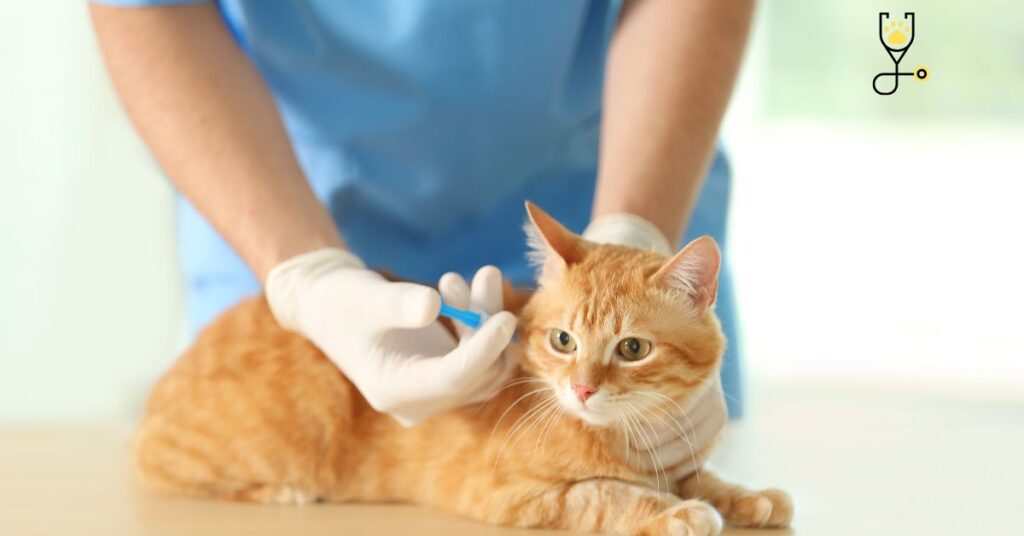
2. Feed them a balanced diet: A healthy diet can help to boost your kitten’s immune system and make them less likely to develop allergies that could lead to rodent ulcers.
3. Reduce stress: Try to create a calm and relaxed environment for your kitten. This can help to reduce the likelihood of stress-related ulcers.
4. Keep their skin clean and free of irritants: Regular baths with mild shampoo can help to remove allergens and other irritants from the skin. You should also avoid using harsh soaps or shampoos on your kitten’s skin.
5. Keep their environment clean: Regularly cleaning your kitten’s environment can help to reduce the risk of exposure to allergens and other irritants.
The prognosis for kittens with rodent ulcers
The prognosis for kittens with rodent ulcers is generally good. With proper diagnosis and treatment, most cats will make a full recovery and the ulcers will eventually heal. However, in some cases, the ulcers may recur or become more severe. If this happens, your vet will work with you to develop a long-term treatment plan to manage the condition.
Conclusion
Rodent ulcers are a common condition in kittens, but with proper diagnosis and treatment, most cats will make a full recovery. There are some things you can do to reduce your kitten’s risk of developing rodent ulcers, such as keeping them up to date on vaccinations, feeding them a balanced diet, and reducing stress. If your kitten does develop ulcers, it’s important to take them to the vet for an evaluation so that the underlying cause can be treated.
Frequently Asked Questions
1. What are rodent ulcers?
Rodent ulcers are deep, round sores that can develop on a kitten’s skin. They are usually found on the face, lips, or tongue and can be quite painful.
2. What causes rodent ulcers in kittens?
There is no definitive cause of rodent ulcers in kittens, but they are often caused by infections, allergies, or stress.
3. How are rodent ulcers diagnosed?
If you notice any of the above symptoms in your kitten, it’s important to take them to the vet for an evaluation. Your veterinarian will perform a physical examination and ask about your kitten’s medical history. They may also recommend one or more of the following diagnostic tests:
1. Blood tests: These can help to rule out infections or other conditions that could be causing the ulcers.
2. Skin biopsy: This involves taking a small sample of tissue from the ulcer and sending it to a laboratory for testing.
3. Food trial: If food allergies are suspected, your vet may recommend putting your kitten on a special diet for a period of time to see if the ulcers resolve.
4. Imaging: In some cases, your vet may recommend X-rays or other imaging tests to rule out other conditions.
4. How are rodent ulcers treated?
The treatment of rodent ulcers will vary depending on the underlying cause. If an infection is present, your kitten will likely need to be treated with antibiotics. If allergies are suspected, your vet may recommend a course of steroids or other anti-allergic medications. In some cases, ulcers may resolve on their own with time and supportive care.
5. What is the prognosis for kittens with rodent ulcers?
The prognosis for kittens with rodent ulcers is generally good. With proper diagnosis and treatment, most cats will make a full recovery and the ulcers will eventually heal. However, in some cases, the ulcers may recur or become more severe. If this happens, your vet will work with you to develop a long-term treatment plan to manage the condition.

